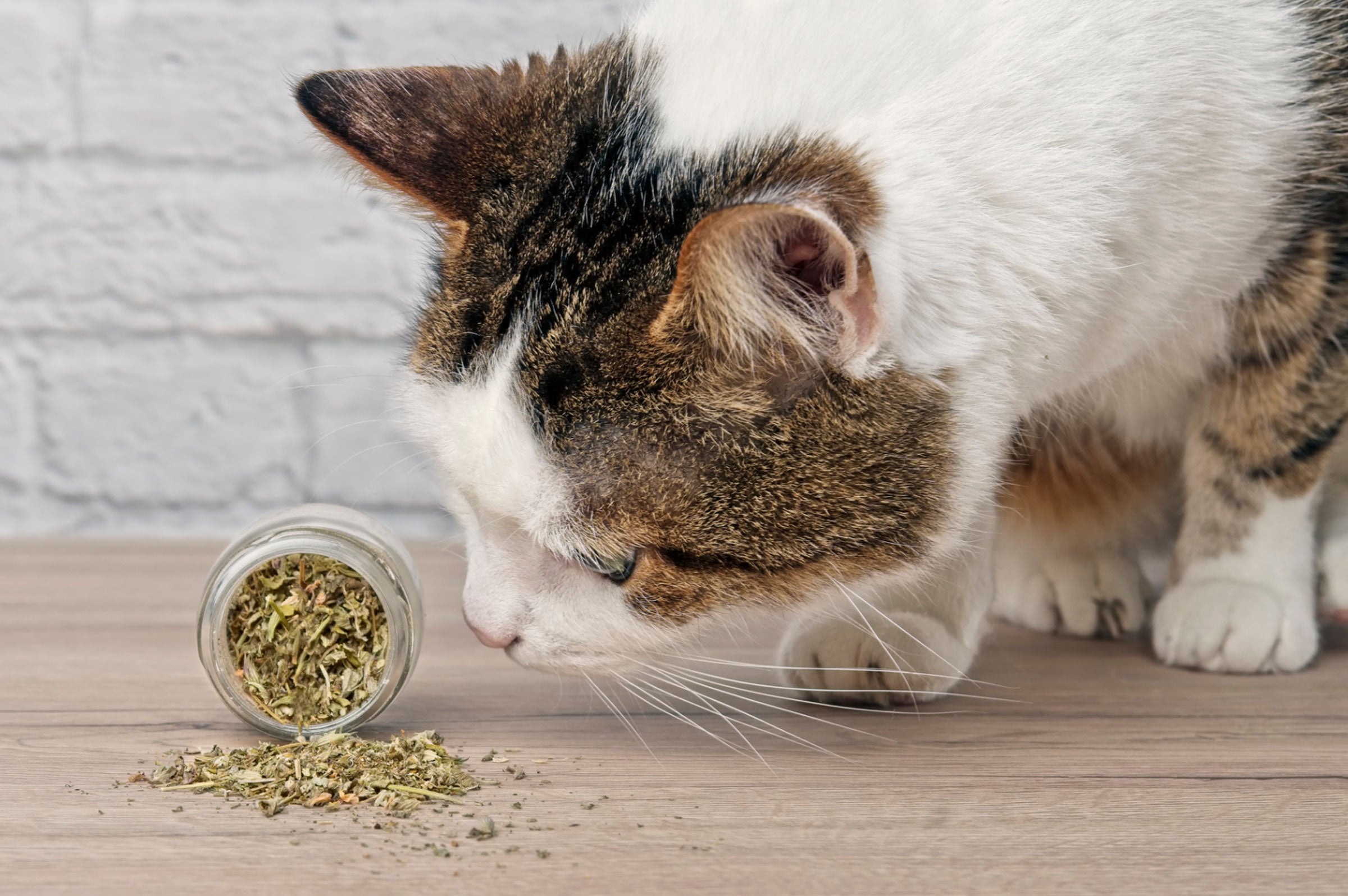Seasonal allergies are a common ailment in pets, causing discomfort and distress to countless animals each year. Just like humans, pets can react to various environmental allergens that are more prevalent during certain times of the year. This article will delve into what causes seasonal allergies in pets, how to recognize the symptoms, and the best ways to manage and treat these allergies.
What Causes Seasonal Allergies in Pets?
Seasonal allergies in pets are primarily caused by the same environmental allergens that affect humans. These can include:
Pollen: Trees, grasses, and weeds release these tiny particles into the air to fertilize other plants, but they can also cause allergic reactions in pets.
Mold: Mold spores can increase with humidity and dampness that often comes with spring and fall.
Dust: Though often a year-round issue, dust mite populations can peak during the high humidity of summer and fall.
Fleas: Flea activity increases in warmer months and can cause flea allergy dermatitis, which is technically a response to flea bites but is often more problematic during certain seasons.
Symptoms of Seasonal Allergies in Pets
The symptoms of seasonal allergies in pets can vary widely but, according to the humane society, commonly include:
Itching and Scratching: Allergens can cause skin irritation leading to excessive scratching, licking, or biting at the skin.
Red or Inflamed Skin: Allergic reactions can cause redness and inflammation, particularly around the paws, ears, and muzzle.
Ear Infections: Pets with allergies may frequently shake their heads or scratch their ears due to inflammation.
Runny Eyes: Just like in humans, allergens can cause pets’ eyes to become runny or watery.
Sneezing and Sniffling: Respiratory symptoms can also be a sign of seasonal allergies in some pets.
Diagnosing Seasonal Allergies in Pets
If you suspect your pet has seasonal allergies, it's important to consult with a veterinarian. They might suggest:
Skin or Blood Tests: These can help identify specific allergens affecting your pet.
Elimination Diet: If food allergies are suspected to be part of the problem, your vet may recommend an elimination diet to rule out dietary causes.
Managing and Treating Seasonal Allergies
While seasonal allergies can’t be cured, their symptoms can be managed and treated to improve your pet's quality of life:
Regular Bathing: Bathing your pet with a high quality shampoo like our Protect Shampoo, can help remove allergens from the fur and skin without stripping away important oils.
Medications: Depending on the severity of allergies, your vet might recommend antihistamines, corticosteroids, or other medications to control inflammation and itching.
Omega-3 Fatty Acids: Supplements like our Advanced Hip + Joint Complex can improve skin health and reduce inflammation.
Environmental Management: Keeping windows closed during high pollen times, using air purifiers, and regular cleaning can reduce the presence of allergens in your home.
Probiotics: By supporting your pet's immune system, probiotic supplements may help seasonal allergy symptoms become less severe, and decrease symptoms like itching, redness, runny eyes, and general discomfort.
Conclusion
Seasonal allergies in pets are both uncomfortable and distressing, but with the right approach, you can help your furry friend feel better. Awareness of the symptoms and triggers, combined with effective management strategies, like supplements and regular bathing with our Protect Shampoo, and veterinary support, can significantly alleviate the discomfort associated with these allergies. By taking these steps, you ensure that your pet enjoys all seasons with minimal discomfort.




